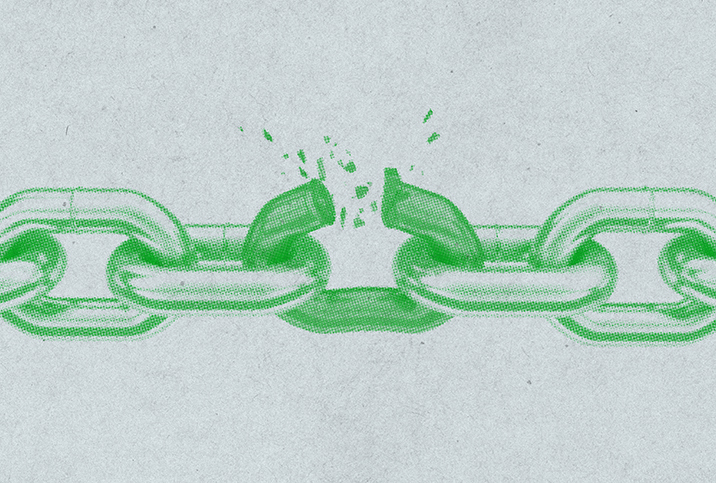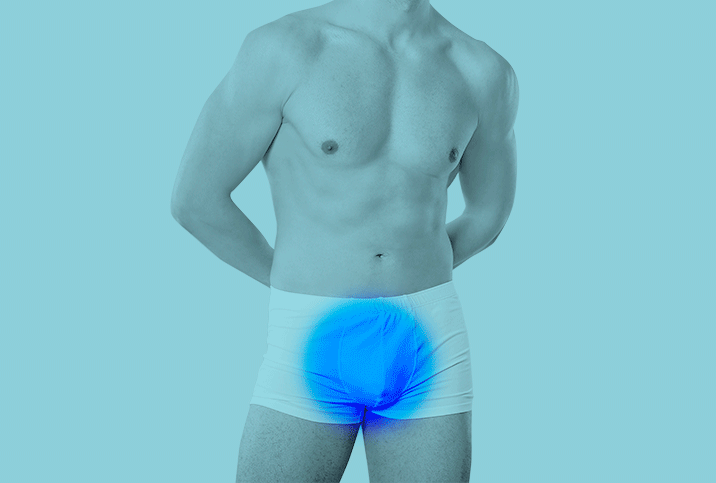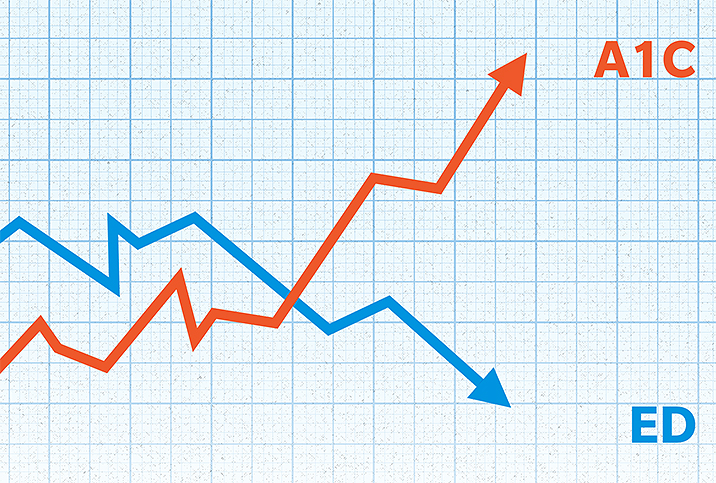Breaking the Low-T/Diabetes Connection

Bodily systems break down. Extra padding accumulates. Memory dulls. For middle-aged men, the odds of developing heart disease, high blood pressure, prostate troubles and other issues increase exponentially.
To add insult to injury, low testosterone—and its running mate, reduced libido—can be another effect of aging, though it can also affect younger people. Men's bodies generally produce 1 percent less testosterone each year after age 40, according to the Mayo Clinic.
While low testosterone has a variety of effects and comorbidities, one phenomenon getting more attention is the link between low-T and yet another common disease for aging men: diabetes.
Low testosterone and why it matters
Most people generally understand that testosterone is a sex hormone responsible for functions such as the development of the testes and prostate, as well as the deepening of the voice in adolescents. It also plays a key role in sperm production and the development of secondary sexual characteristics, such as muscularity and body and facial hair.
A shortfall in testosterone production can cause a constellation of symptoms:
- Low energy
- Reduced sex drive
- Hair loss
- Low semen production
- Erectile dysfunction (ED)
- Memory problems and "brain fog"
- Reduced muscle bulk
- Fat gain
- Loss of strength
Testosterone is a key component of sexual function, and all manner of snake oil salespeople offer dubious solutions to low testosterone, a problem they and their customers may misunderstand.
"Almost every day, I see patients come into the office thinking they have low testosterone based on [supplement] commercials," said Neel Parekh, M.D., a urologist and fertility specialist with the Cleveland Clinic. "All these marketing campaigns say that the symptoms of low sex drive, can't get erections, low energy—all these symptoms that are pretty nonspecific—are due to low testosterone, and that men need to be put on these supplements in order to be 'more of a man' and perform in the bedroom and all."
Total testosterone levels below 300 nanograms per deciliter (ng/dL) indicate low testosterone, according to American Urological Association (AUA) guidelines. The condition affects 10 percent to 25 percent of older men, the Mayo Clinic states.
If you legitimately have low-T, it's crucial to understand testosterone supplements aren't to be taken on a whim, because they can have real consequences if misused.
If you're looking to boost your testosterone and control your blood sugar without committing yourself to a lifetime of shrunken balls and injecting yourself, addressing weight issues is a great place to start.
For starters, when you begin taking testosterone supplements, your body stops producing it naturally, according to Richard Heppe, M.D., a male fertility specialist with the Urology Center of Colorado in Denver. This process has consequences that can hit men where it hurts, so to speak.
"It can lead to atrophy of your testicles," Heppe said. "Because your testicles don't need to be making testosterone, they shrink up. And you become infertile because you stop making sperm."
Other potential side effects of testosterone supplements are serious enough that testosterone replacement therapy (TRT) must be monitored and carefully calibrated once started. Side effects include:
- Polycythemia, a blood disorder that increases the risk of clots
- Stroke
- Heart attack
- High blood pressure
- Enlarged prostate gland
- Prostate cancer
- Liver disease
- Kidney disease
The low-T-to-diabetes link
For men with genuine low testosterone levels, diabetes is often a concurrent condition.
A 2008 study published in the Journal of Clinical Endocrinology & Metabolism found 43 percent of men with type 2 diabetes also had low total testosterone levels. While more work needs to be done to clarify the exact mechanism of the link, urologists agree that further study shows promise for patients.
"I think more studies are ongoing and need to be done as far as the link between diabetes and prediabetes and low-T goes," Parekh said. "But some studies do show that for patients that are prediabetic and have low testosterone, that treating the low-T may prevent them from progressing to full diabetes."
Parekh pointed out that preliminary research has shown treating low-T in patients with diabetes and prediabetes can prevent their insulin resistance from getting worse.
"It makes it easier to control the blood sugar of the patients," Parekh said. "It's not necessarily in the guidelines as a treatment option, but it is in the guidelines to check testosterone in diabetics because such a high number of diabetics have low-T."
Breaking the low-T/diabetes connection
It's crucial to understand that men—especially men in middle age and older—face a variety of interrelated conditions. For example, obesity is also linked to low-T and diabetes. If you're looking to boost your testosterone and control your blood sugar without committing yourself to a lifetime of shrunken balls and injecting yourself, addressing weight issues is a great place to start.
"There's an enzyme in fat cells called aromatase that converts testosterone to dihydrotestosterone," Heppe said. "So people who are overweight convert their testosterone into this other form that's not active like testosterone. It's another form of testosterone, but it doesn't do what you need it to do."
If you're dealing with low-T symptoms, you should, of course, ask your primary care doctor about getting tested. Both Heppe and Parekh stressed how dangerous it is to pop into a pop-up testosterone clinic just so you can walk out with a testosterone supplement that same day, never to see the "doctor" who prescribed it again.
"Treating people with testosterone can be done safely," Heppe said. "You've just got to monitor it, and people need to be aware of what the potential risks are."


















